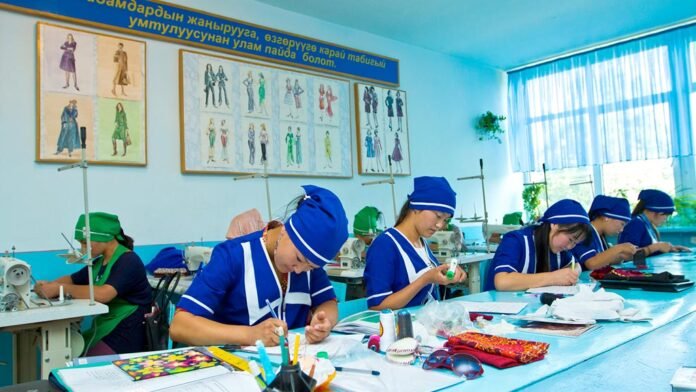In an era where the demand for skilled professionals continues to rise, vocational training emerges as a cornerstone in preparing individuals for the dynamic needs of the global job market. Vocational training, also known as Vocational Education and Training (VET) or Career and Technical Education (CTE), is a specialized form of education that diverges from traditional academic paths, focusing instead on imparting practical skills and knowledge required for specific job functions or trades.
Bridging the Skills Gap
One of the most significant advantages of vocational training is its ability to bridge the skills gap in various industries. By offering hands-on, job-specific instruction, vocational programs ensure that students not only learn the theoretical aspects of their chosen field but also gain the practical experience needed to excel in their careers. This approach is essential in sectors where practical skills are paramount, such as healthcare, engineering, and various skilled trades like carpentry, plumbing, and electrical work.
Pathways to Employment
Vocational training offers a direct pathway to employment, providing students with a faster route to entering the workforce. Unlike traditional four-year degree programs, vocational education often requires less time to complete, leading to certification, diplomas, or even associate degrees that meet the immediate needs of employers. This efficiency not only benefits students by reducing the time and financial investment needed for their education but also meets the urgent demand for qualified professionals in the workforce.
Inclusivity and Accessibility
Another key feature of vocational training is its inclusivity and accessibility. By catering to a wide range of interests and career goals, vocational programs make it possible for individuals from diverse backgrounds to pursue their aspirations. Whether a student is aiming for a career in information technology, culinary arts, or automotive repair, vocational training provides the necessary tools and resources to achieve those goals. This inclusivity extends to adult learners and individuals looking to change careers, offering flexible learning options that accommodate different life stages and responsibilities.
Economic Impact
The impact of vocational training extends beyond individual career success; it plays a crucial role in the economic development of countries. By aligning educational outcomes with the needs of the labor market, vocational training helps to ensure a steady supply of skilled workers, driving innovation, and productivity in various sectors. This alignment not only supports the growth of industries but also contributes to reducing unemployment rates and enhancing the overall economic stability of communities.
Conclusion
Vocational training stands out as a pivotal element of modern education, adept at preparing students for the realities of the workforce. By offering targeted, practical learning experiences, vocational education addresses the direct needs of industries, empowers individuals with valuable skills, and supports the economic development of societies. As the world continues to evolve and the demand for skilled labor intensifies, the role of vocational training will undoubtedly become more crucial, making it a key driver of workforce readiness and success in the 21st century.
Also, read more at “kiendel.com“
